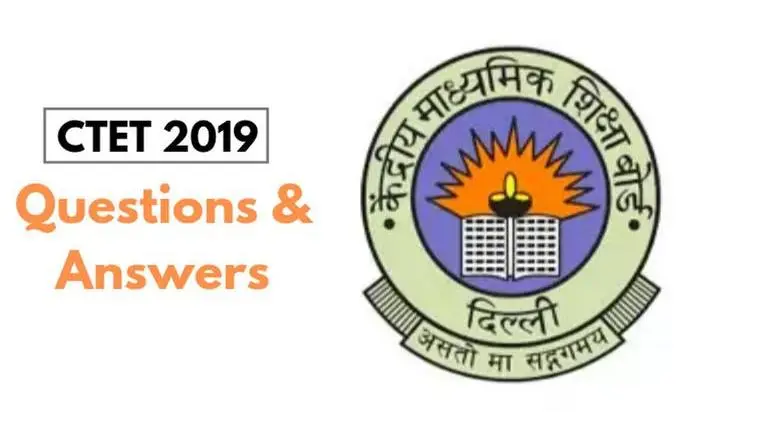Updated 27 September 2019 at 14:54 IST
CTET: Test pattern, syllabus, and important questions for 2019
CTET examination takes place on December 8 this year. Candidates who are on the lookout for information, test resources and advice, read the complete article.
- India News
- 3 min read

The Central Teacher Eligibility Test (CTET) is an Entrance exam conducted by the CBSE board which is organised twice every year. The upcoming CTET examination takes place on December 8, 2019, and will be conducted in over 110 cities across India. The candidates who have applied for the exam are advised to thoroughly understand the CTET test syllabus and paper pattern below:
CTET Exam Pattern 2019
CTET is an examination conducted on the national level. It involves two levels - Paper I (Primary) and Paper-II (Elementary). These are conducted on a single day in two shifts.
- Paper 1 is meant for candidates who wish to teach class I to class V
- Paper 2 for those who wish to teach class VI to class VIII
- People looking to teach both the classes will need to qualify both the CTET exams by appearing for both the papers individually.
CTET Syllabus 2019
CTET Syllabus has been defined by the Central Board of Secondary Education. The syllabus remains the same and there has been no changes for 2019.
Advertisement
These are the sections that Paper 1 cover:
- Child Development and Pedagogy
- Language 1
- Language 2
- Mathematics and Environmental Studies.
Paper 2 comprises these four sections
Advertisement
- Child Development and Pedagogy,
- Language 1,
- Language 2,
- Mathematics & Science OR Social Studies (candidate can choose either of the two).
CTET General Knowledge Questions - Most Commonly Asked and Important Questions for 2019.
Q. What does the word ‘Socialisation’ mean?
Answer: adjusting in the society
Q. When did CBSE start the Open School?
Answer: 1979
Q. An Amendment of the Indian Constitution which talks about free and compulsory education for children in the age group of six to fourteen years.
Answer: Article 21-A
Q. What is the technology used to enhance the learning process?
Answer: ICT
Q. Who created the universal design for learning?
Answer. David H. Rose
Q. “Individual learns from his own mistakes” This statement is based on which learning theory?
Answer. Trial & Error
Q. When was the RCI Act enacted by Parliament?
Answer. 1992
Q. A theory that best describes the ‘Heinz’s Dilemma.’
Answer. Kohlberg’s theory
Q. A method which can be best used in teaching to encourage democratic living among students.
Answer. Discovery method
Q. Development happens during?
Answer. prenatal stage
*Note: The test will feature multiple-choice questions. These were just meant to help you understand the type of questions to expect in your examination. Many popular publications offer test resources and materials for CTET. Hence, it is highly advisable to refer to them as part of your preparation.
Published By : Danish Ansari
Published On: 27 September 2019 at 11:26 IST
